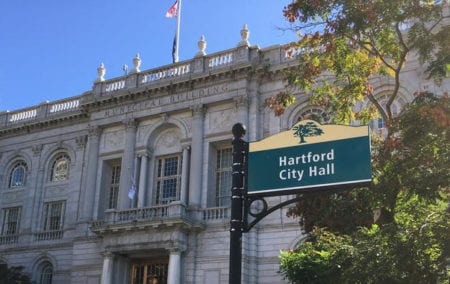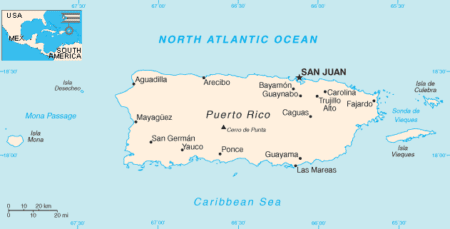Public Sector Pension Plans: A “ticking Time Bomb”
According to a December, 2017, washingtonfreebeacon.com report “…unfunded liabilities of state public pension funds increased by $433 billion over the past year and presently exceed $6 trillion…”. The report continues, “Unfunded liabilities of public pension plans continue to loom over state governments nationwide. Absent significant reforms, unfunded liabilities of state-administered pension plans will continue to grow and threaten the financial security of state retirees and taxpayers alike.” Astonishingly, the $6 trillion in unfunded liabilities average approximately $18,676.00 for every person in the United States. Alaska has Read More +



